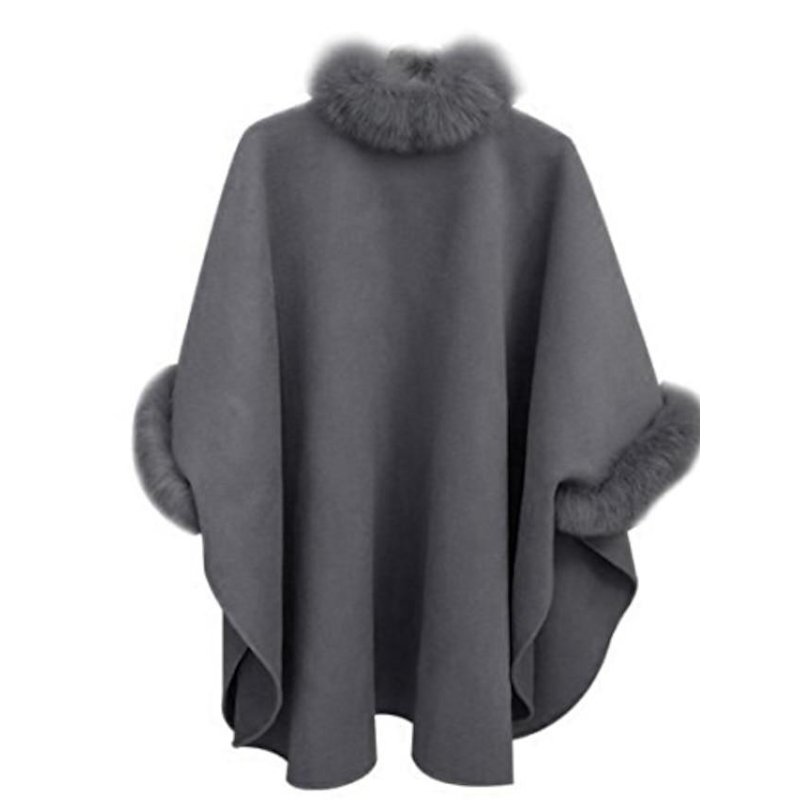Tag: fashion, clothing, consumer behavior
Fast fashion has become a dominant force in the clothing industry over the past few decades. With its ability to quickly produce and distribute trendy and affordable garments, it has transformed the way we shop for clothes. However, this phenomenon also brings about various implications for both consumers and the industry as a whole.
One of the most significant impacts of fast fashion is its effect on consumer behavior. The constant turnover of new styles and designs encourages people to purchase more frequently than before. Instead of buying a few high-quality pieces that will last for years, many consumers now opt for cheaper items that may only be worn a handful of times before being discarded. This shift in mindset not only leads to excessive consumption but also contributes to environmental issues such as textile waste.
Moreover, fast fashion relies heavily on cheap labor from developing countries where workers are often exploited with low wages and poor working conditions. This unethical practice raises concerns about human rights violations within the supply chain.
In addition to these negative effects, fast fashion also poses challenges for traditional retailers who struggle to keep up with rapidly changing trends while maintaining competitive prices. Many small businesses have been forced out by larger corporations that can mass-produce at lower costs.
Despite these drawbacks, there are some positive aspects of fast fashion that cannot be ignored. For instance, it has opened up opportunities for emerging designers who can launch their brands with less capital compared to traditional methods. It also provides access to fashionable clothing at affordable prices for those who cannot afford high-end labels.
Nonetheless, steps must be taken towards more sustainable practices in the clothing industry. Consumers can play their part by making conscious choices when shopping – choosing quality over quantity and supporting ethical brands that prioritize fair trade and sustainability.
In conclusion, while fast fashion has revolutionized how we consume clothing in today’s society, its impact goes beyond just satisfying our desire for the latest trends. It has implications on consumer behavior, environmental sustainability, and workers’ rights. As consumers, it is important to be aware of these issues and make informed decisions when it comes to our fashion choices.
